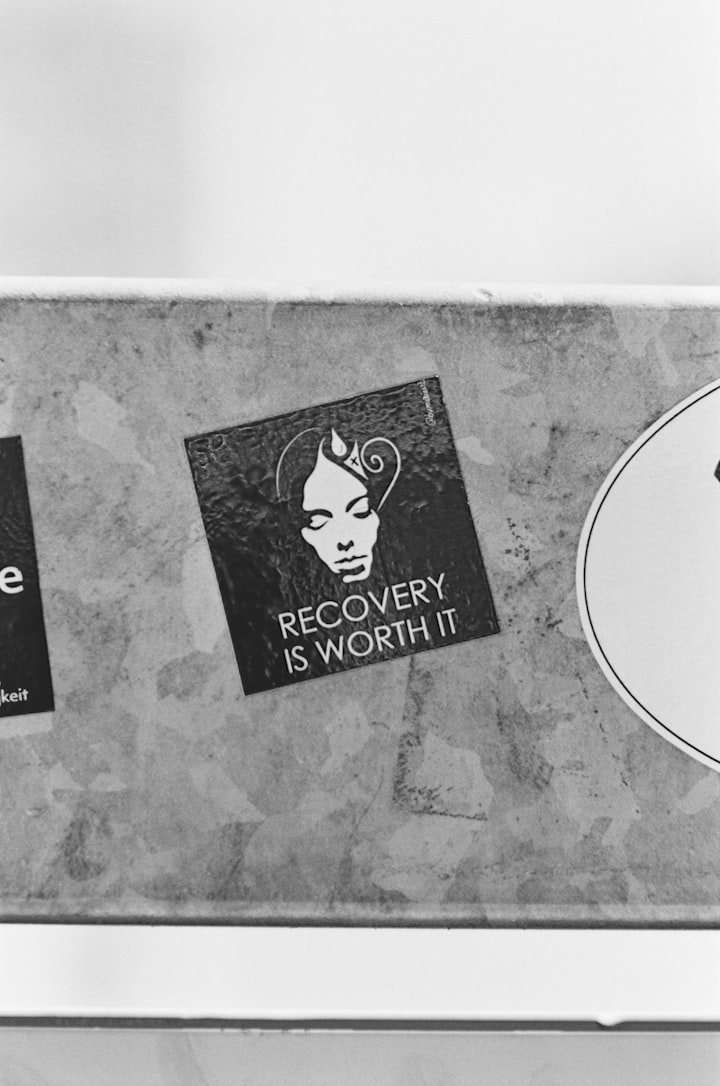Coping with ADHD
A child with Attention Deficit Hyperactive Disorder

Any one who has ever raised or spent a good amount of time with a child with disabilities it can be a daunting task. Especially if you do not understand what the child is going through. Or how to help a child cope with having a disability you have little to no knowledge of. While all disabilities can be challenging especially for children. This article is specifically about Attention Deficit hyperactive Disorder (ADHD).
So what exactly is ADHD. It is a developmental disorder that occurs most commonly in children, however can also be seen in teens and adults. It has three main symptoms that can be broken down in to sub symptoms. These three main symptoms are; Inattention, Impulsion, and Hyperactivity. In a nut shell inattention is the lack of ability to focus or pay attention. Impulsion is exactly how it sounds impulsive behavior. Having a hard time following directions, controlling emotions, with the habits of blurting out, interrupting, or jumping into conversations one is not part of. Lastly Hyperactivity is the inability to sit still and goes hand in hand with the inability to stay focused on particular duties or task.
Many who have ADHD usually have all of these symptoms to some degree. For most one or two of which severely out weigh the others but all are present. For me I had a pretty equal share of the three. Like most mental disabilities it can be very hard on someone with ADHD to find there place in society. We know that we are different and even if others do not necessarily see us as being or treat us like we are different. We know that we are. We feel like others see us as different. For most of us we are ashamed of the fact that we are not “normal”.
While ADHD is not as crippling as other mental disabilities. It makes every day task such as going to school,work, or social gatherings extremely difficult. When you think of the symptoms of ADHD it can be difficult to pin point someone with it as these symptoms can go along with other disabilities as well, and some can be shown by people that have no disability at all. They are very broad and have a lot of sub categories within the symptoms. Knowing some of these sub symptoms can help pin point if you or someone you know may have ADHD.
For my self the main symptom I have is inattention. As a child (and still to this day) staying focused on school, work, or every day activities was/is nearly impossible. I often find my self day dreaming and staring off into space while I was suppose to be focused on a particular thing in front of me. When I wasn’t off in la-la land I was often doodling in my notebooks, schoolbooks, or even on my desk. My day dreaming and doodling also led me to have a very over active imagination. While not always a bad thing to have an imagination. Letting it go to far can also get you into a bit of trouble and along with day dreaming this can be easy to do. Now as an adult I find my self having a hard time staying focused at work and often leaving my work space. Also I find my self starting more than one side project around the house at the same time. Loosing focus on one and jumping into another. Which often causes projects to go unfinished or taking much longer than it should to finish them.
On the Impulsion side of things. I have always had a hard time dealing with emotions and confrontations. I often find my self getting over emotional and blowing up. I yell, I curse, and say stuff I either shouldn’t or don’t mean. I go cool off and in 10-15 min I often realize where I went wrong and end up feeling the need to go back and apologize or more calmly explain the situation. Unfortunately my wife, mom, and kids know this all to well and have had more than their fair share of apologies. I also have a hard time feeling excepted by family and friends. Often asking or trying to find ways to find out how they feel about me. Or Feeling responsible for there emotions such as sadness and anger even when I know I’m not to blame. Because of these impulsive habits I often feel disconnected and feel like I have to fight for peoples attention.
Last but most certainly not least comes the actual hyperactivity. This one is by far my strongest of the symptoms of ADHD. I cannot now and never have been able to sit still. I fidget with anything I can get my hands on. When I cannot fidget with something or when I don’t have to try to force myself to sit still. I pace. I pace across the house, across the porch, I even walk around in circles in the yard. I feel a constant need to be doing something whether it be playing video games, on my phone, tinkering with something or throwing a ball against the wall. I have to have something to do at all times even when doing task such as watching TV. And heaven forbid you put me in a car for more than 15 minutes without anything to do. I start messing with everything whether its the vents, the radio, my wifes hair, and on and on it goes. I hate to admit it but I don’t even really like being in the car with my self it gets bad. Finding things that can hold my attention and keep me from looking for something else to do is very hard. More often than not these things often are task that I find interesting and keep my mind and hands busy such as; writing, drawing, doodling, or fishing. Outside of these four things not much else can hold my attention for long even if it is something I find interesting or really want to do. I still lose focus and move on to other things.
Having ADHD has truly been the hardest thing I have ever had to overcome. From experience the only way to cope with it is by having a VERY VERY understanding and caring support group. Through it all my family has without a doubt been that for me. All though I’m quite positive at times it has been just as hard for them as it has me.
Now there are medications that can help with the symptoms of ADHD but from my experience they make me nauseous and give me migraines so taking medication isn’t an option for me. There are also special diets in which you eliminate certain food and dyes from your diet. These can be hard to follow for several reasons but primarily because everything has to be pretty much homemade from scratch with dye free ingredients. And honestly it doesn’t really help that much. I have heard from several others with ADHD that have had the same results as me with both the diets and the medications. At the end of the day your loved ones and yourself are going to be the biggest keys in coping with this disability.
If you have a loved one who suffers with ADHD. In all honesty its going to be a bumpy ride. And its going to take all the caring and understanding you have to help them cope with it. The biggest thing you absolutely have to do when dealing with a loved one with ADHD is have patience and find ways to help them fight it themselves because at the end of the day the only person that can control ADHD is the one that has it, and it’s not an easy task. It takes hard work, determination, and a loving support group that is willing to give you the tools you need to cope. What ever you do when dealing with a loved one or anyone with ADHD is do not make them or let them think that they are anything less than normal or that they cannot cope with it. A strong support group is an absolute must when dealing with any type of disability and ADHD is no exception. If you have a child that has ADHD or shows symptoms of ADHD it is best to start as early as possible helping them find things that they can stay focused on. These will be the first steps to helping them learn how to cope with ADHD. It will also give them something to fall back on that they can focus on and regroup.
This is obviously by no means a research based medical or psychological article or paper on ADHD. This is simply a testimonial and advice from someone who knows first hand what its like growing up as a child, teen, and adult that suffers on a daily basis from the symptoms of the disability known as Attention Deficit Hyperactive Disorder.






Comments
There are no comments for this story
Be the first to respond and start the conversation.